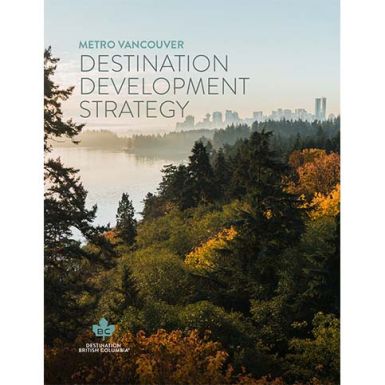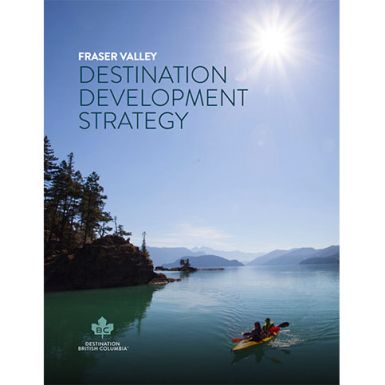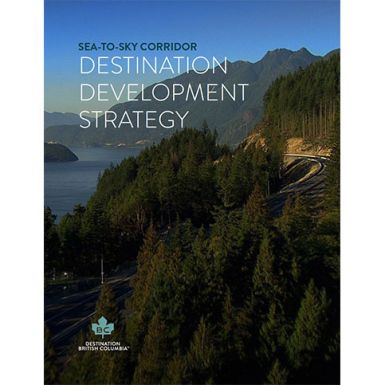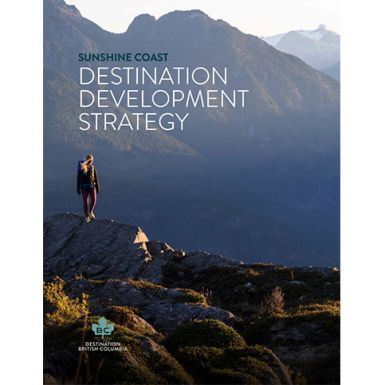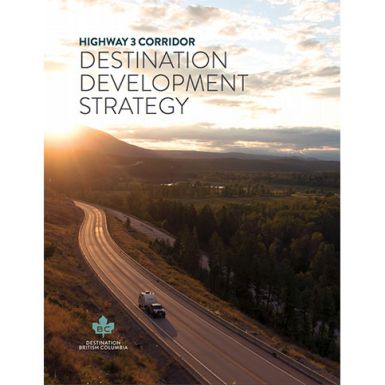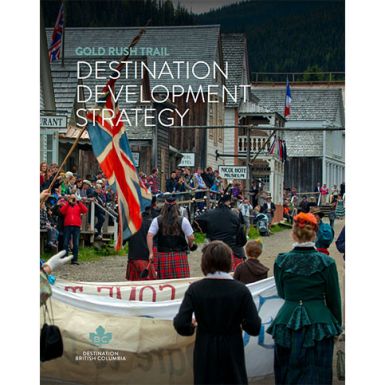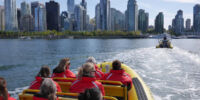Vancouver, Coast & Mountains

Vancouver | Nelson Mouellic
Vancouver, Coast & Mountains
Metro Vancouver
Fraser Valley
Sea-to-Sky Corridor
Sunshine Coast
Highway 3
Gold Rush Trail
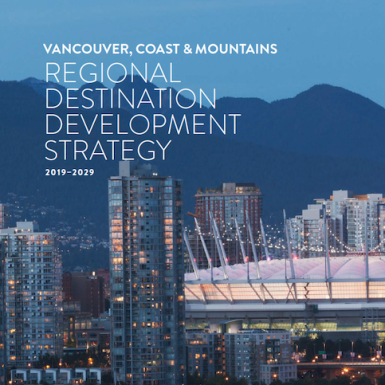
There are six planning areas in the Vancouver, Coast & Mountains region, four of which are fully contained within the region (Metro Vancouver, Fraser Valley, Sea-to-Sky Corridor and Sunshine Coast) and two that span across multiple regions (Highway 3 Corridor and the Gold Rush Trail).
The Vancouver, Coast & Mountains Regional Destination Development Strategy plays an important role in integrating the six planning area strategies within the tourism region into one overarching regional strategy.
A Destination Management and Development Implementation Guide for communities has been created as a companion piece to the overarching regional strategy. It explores the areas of overlap between tourism destination management and development with local government roles and responsibilities.
Get in Touch
To find out more about the destination development program or to determine the best way for you to participate, contact Vancouver, Coast & Mountains at VCM@DestinationBC.ca.
Subscribe for the latest news and program updates from Destination BC
Receive updates, research and news you can use.

